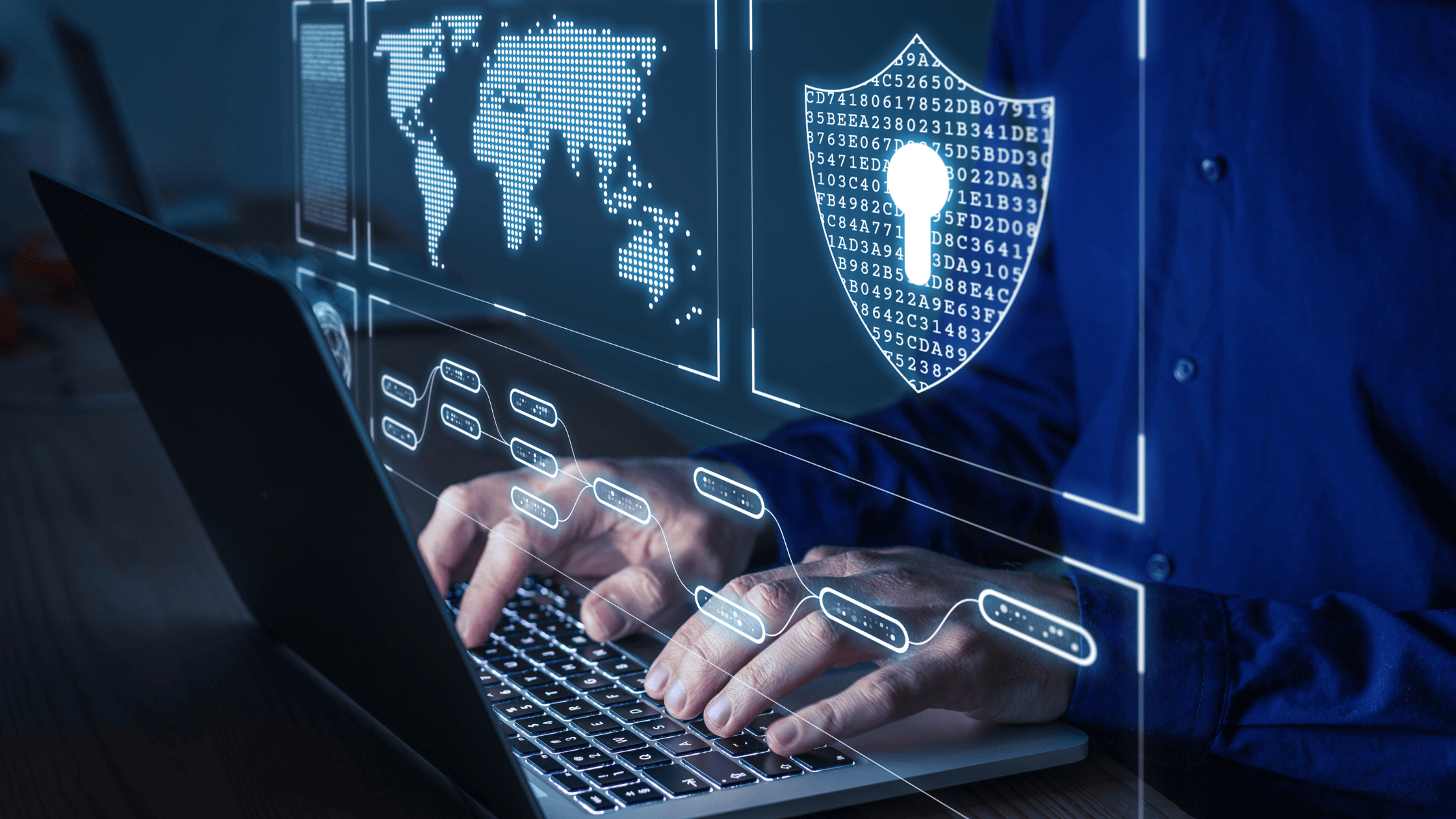Technological advancements transformed the hospitality industry, allowing hotels, resorts, and other establishments to deliver personalized guest experiences. However, with these advancements come new challenges and risks, particularly in cybersecurity. As a result, as the hospitality industry embraces digitalization, safeguarding sensitive data and ensuring guests’ privacy becomes paramount. This article explores the different cybersecurity measures employed in the hospitality industry to protect against evolving threats.
Network Security
Network security forms the foundation of cybersecurity in the hospitality industry. In addition, it involves protecting the network infrastructure’s integrity, confidentiality, and availability. Hotels typically have extensive networks that connect various devices, systems, and services. Therefore, robust firewalls, secure Wi-Fi networks, and intrusion detection systems (IDS) are essential network security components. Also, regular network monitoring, vulnerability assessments, and substantial access controls help mitigate the risk of unauthorized access and data breaches.
Data Protection
In the hospitality industry, safeguarding guest information, including personal data, payment details, and booking records, is paramount. Furthermore, data protection involves encryption techniques, secure data storage, and stringent access controls. Hotel management systems should implement robust authentication protocols and data encryption during transmission and storage. Additionally, regular data backups and disaster recovery plans provide an added layer of protection against data loss or compromise.
Payment Card Industry Data Security Standard (PCI DSS) Compliance
Hotels handle a significant amount of financial transactions involving credit and debit cards. Thus, The Payment Card Industry Data Security Standard (PCI DSS) ensures secure payment processing. Compliance with PCI DSS standards requires hotels to implement secure networks, encrypt cardholder data, regularly test security systems, and maintain strong access controls. So, by adhering to PCI DSS requirements, hotels can reduce the risk of cardholder data theft and maintain customer trust.
Endpoint Security
Endpoint devices, including computers, tablets, smartphones, and point-of-sale terminals, pose a potential entry point for cyber threats. So, endpoint security protects these devices from malware, unauthorized access, and data theft. Robust antivirus software, regular updates, and strong password policies are critical. Additionally, hotels should implement measures such as mobile device management (MDM) solutions to monitor and secure mobile devices used by staff or guests.
Social Engineering Awareness
Cybercriminals often exploit human vulnerabilities through social engineering techniques to gain unauthorized access to sensitive information. As a result, training staff members to recognize and respond to social engineering attacks is crucial. Educating employees about phishing scams, suspicious emails, and other deceptive tactics helps strengthen the overall security posture of the hotel. Regular awareness programs and simulated phishing exercises can reinforce good security practices among staff members.
Physical Security Integration
Cybersecurity in the hospitality industry extends beyond the digital realm. Integrating physical security measures with cybersecurity ensures comprehensive protection. It includes video surveillance, access control systems, and monitoring of physical access points. Limiting physical access to sensitive areas, securing server rooms, and implementing surveillance systems can deter physical and cyber threats.
In Conclusion
Cybersecurity is critical as the hospitality industry embraces technology to enhance guest experiences and streamline operations. By implementing a multi-layered approach to cybersecurity, encompassing network security, data protection, PCI DSS compliance, endpoint security, social engineering awareness, and physical security integration, hotels can safeguard their guests’ information, maintain their reputation, and establish trust. Continual monitoring, proactive risk assessments, and staying updated with emerging threats are essential for effective cybersecurity in the dynamic hospitality landscape.
Need help with cybersecurity solutions for your business? Contact us today for a free consultation.

